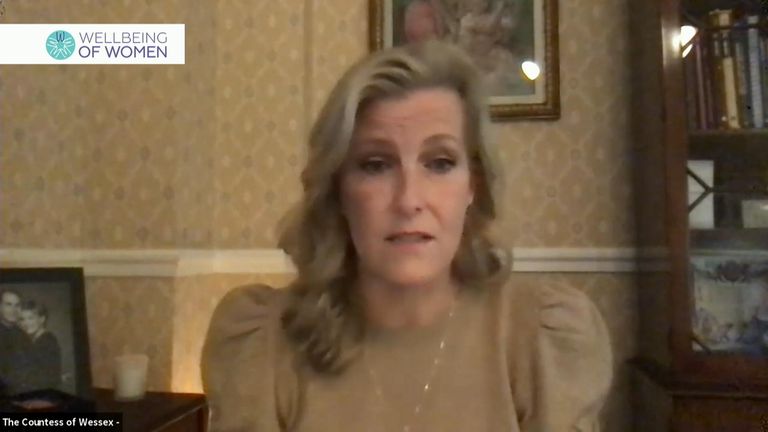Menopause forces women to leave their jobs or pass up promotions, study finds
Lack of support for women going through the menopause is forcing many to take time off work or even leave their jobs, research suggests.
A poll of 3,800 women in the UK found that the majority felt menopause or the months and years leading up to it had a huge impact on their careers.
The research was carried out for menopause expert, Dr Louise Newson, who runs the not-for-profit Newson Health Research and Education.
She has teamed up with the likes of Davina McCall to raise awareness of what women go through when they hit menopause.
In a 12-question survey, 99% of women felt their perimenopausal or menopausal symptoms led to a negative impact on their careers, with more than a third describing the impact as significant.
Around 59% took time off work due to symptoms and 18% were off for more than eight weeks.
Reasons for taking time off included reduced efficiency (45%), poor quality of work (26%) and poor concentration (7%).
Half of those who took at least eight weeks off work resigned or took early retirement.
One in five women passed on the chance to go for a promotion they would have otherwise considered,19% reduced hours and 12% resigned.
The majority of women surveyed (60%) said their workplace offered no menopause support.
Of those who were given a sick note, only 5% said menopause was cited on their certificate, while more than a third had anxiety and stress documented.
One in four women discussed their hormones with their GP, with 30% prescribed antidepressants.
This is despite guidance from the National Institute for Health and Care Excellence saying low mood due to the menopause can be treated with hormone replacement therapy (HRT) or cognitive behavioural therapy.
Dr Newson said: “For far too long menopausal women have been faced with an impossible choice: struggle on with often debilitating symptoms or leave behind careers they have worked so hard for.
“The average age of menopause in the UK is 51, at precisely the point where many women are at the peak of their careers with an abundance of skills and experience to offer.
“The problem is widespread, including at the heart of healthcare. Some 77% of the NHS workforce are women and a significant number of these will be perimenopausal and menopausal.
“In fact, research shows that only one in 10 female GPs had discussed their symptoms with a manager.
“The issues raised in this survey show not only an urgent need to improve menopause support in the workplace but access to evidence-based menopause information and treatment to ease and improve symptoms.
“We owe this to all menopause women to help them reach their career potential.”
Earlier this month, the Countess of Wessex, Sophie, spoke about the “tragic” impact menopause is having on women in the workplace.
She has backed a new campaign by the Wellbeing of Women charity that calls on companies to ensure they are supporting employees through menopause.
Menopausal symptoms can include memory problems, fatigue and anxiety.
Source: Read Full Article



